Objective
Refrigeration systems are critical to your business, and proper maintenance is key to protecting this investment. If a system goes down or operates improperly, costs can skyrocket through unnecessary energy consumption, food or product damage/loss, customer dissatisfaction, and safety risks, whether it is scheduled preventative maintenance, break-fix, or emergency maintenance. Our state-of-the-art technical training centers ensure that technicians are trained in the latest techniques and technologies to address system’s specific issues, regardless of brand. This includes servicing systems that operate with alternative and natural refrigerants like CO2, glycol, ammonia, propane, as well as R22 replacements such as R448A, R407A, or other alternatives as desired by the customer. By the end of this workshop, participants will be able
How to troubleshoot and repair the most common types of domestic and commercial AC and refrigeration systems
Practical knowledge with manifold gauges, recovery machines, vacuum pumps, charging scales leak detection and micron gauges
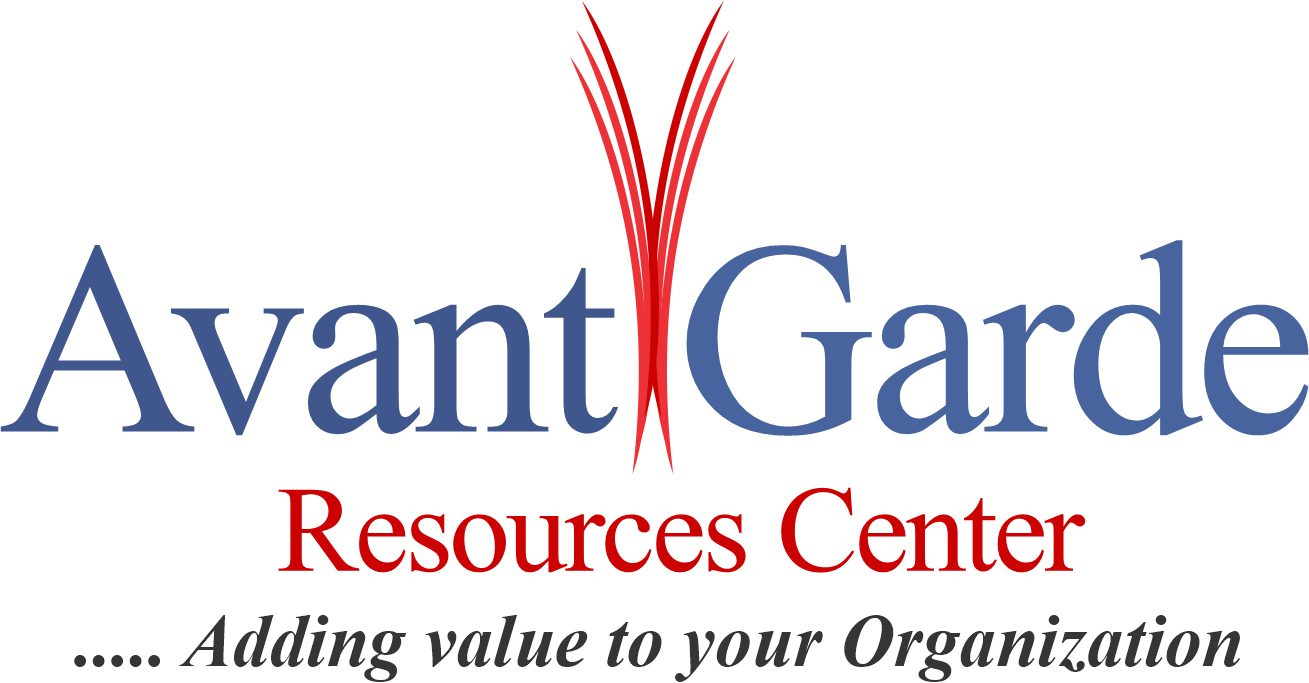
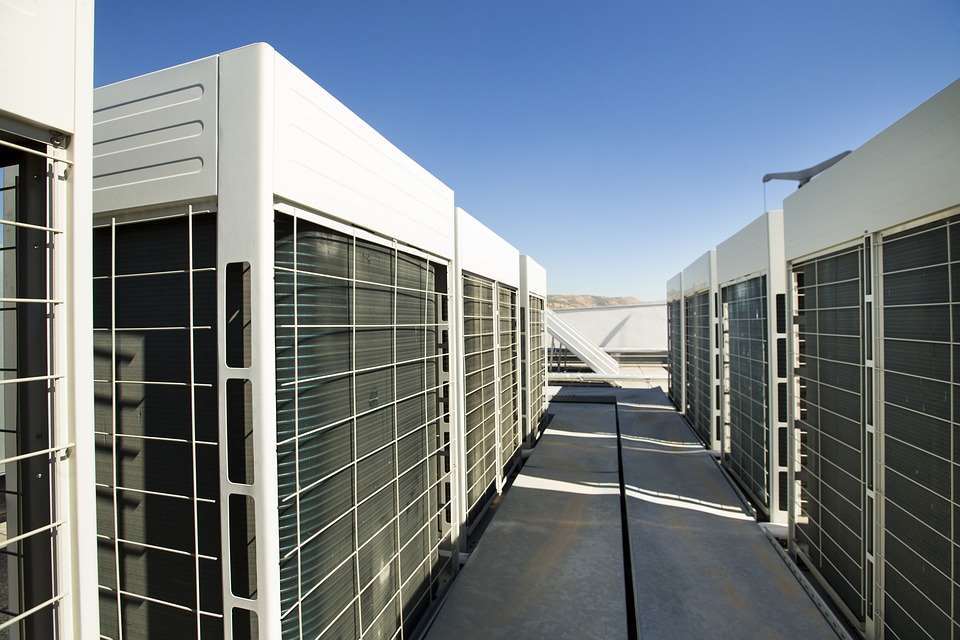
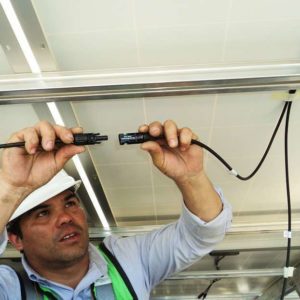

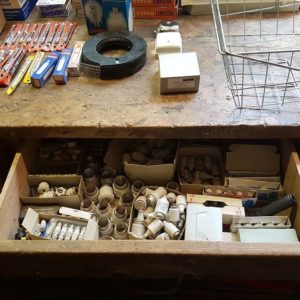
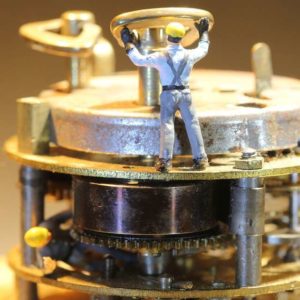
Reviews
There are no reviews yet.